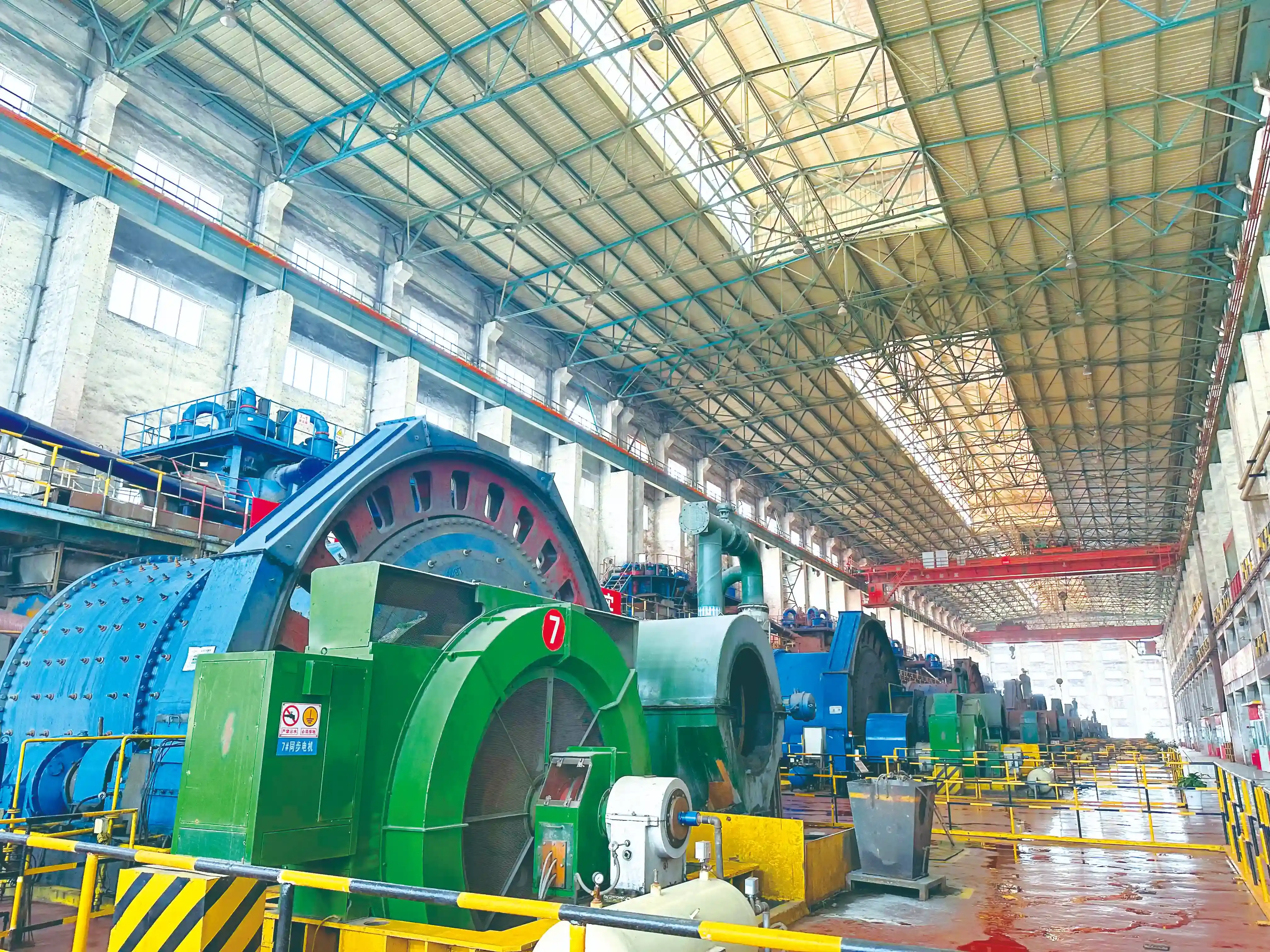What role does moisture content play in the grinding process of ball mills?
Impact on grinding efficiency
Moisture content plays a significant role in the Grinding Balls for Ball Mill. When the moisture level is optimized, it promotes better particle breakage and reduces energy consumption. The presence of moisture forms a thin film around the particles, aiding in their dispersion and preventing re-agglomeration, which improves the grinding process. This effect, known as wet grinding, often results in finer particle sizes and better overall milling efficiency. However, excessive moisture can negatively impact the grinding process. It can cause the material to stick to the grinding balls and the mill walls, which reduces the impact force and hinders the grinding action. This results in lower efficiency and potential blockages. Thus, careful control of moisture content is crucial to maintain a balance that maximizes productivity and ensures smooth operation in ball mill processes.
Effects on material flow and handling
The moisture content of the feed material significantly influences its flow characteristics within the ball mill. Adequate moisture ensures smooth transportation of the material through the mill, preventing blockages and promoting consistent grinding. It also plays a key role in facilitating the formation of a cascading motion of the grinding balls, which is essential for effective particle size reduction. This cascading action helps the grinding balls effectively break down the material into finer particles. However, when the moisture content exceeds optimal levels, it can lead to the formation of a slurry-like consistency, which impedes the free movement of the grinding media. This not only slows down the grinding process but also reduces the mill's throughput capacity, limiting its overall efficiency. Thus, maintaining the correct moisture balance is crucial to ensuring uninterrupted mill operation and achieving the desired milling performance.
How does moisture content affect the wear rate of grinding balls?
Correlation between moisture and ball wear
The moisture content of the material being ground directly affects the wear rate of the Grinding Balls for Ball Mill. Generally, higher moisture levels tend to increase the wear rate due to the corrosive nature of water, particularly when it interacts with specific minerals or chemicals present in the feed material. This interaction can accelerate chemical reactions on the surface of the grinding balls, leading to increased oxidation and degradation of the ball material. As a result, the grinding balls may wear down more quickly, requiring more frequent replacement and increasing maintenance costs. Furthermore, the lubricating effect of water can alter the grinding dynamics. Instead of the grinding balls impacting the material with force, the lubrication causes the balls to slide over the material more easily. This reduces the effectiveness of the grinding action and can lead to increased abrasive wear, further contributing to the overall wear rate of the grinding balls. Proper moisture control is thus critical for minimizing wear and maximizing efficiency.
Influence on ball surface characteristics
Moisture content affects the surface characteristics of grinding balls, which in turn influences their performance and longevity. When the moisture level is optimal, it can help maintain a slightly roughened surface on the balls, which is beneficial for grinding efficiency. This roughened surface provides better grip on the material being ground, enhancing the crushing and grinding action. However, excessive moisture can lead to the formation of a smooth, polished surface on the balls, reducing their grinding effectiveness. Furthermore, high moisture content may cause the accumulation of fine particles on the ball surface, creating a coating that diminishes the balls' grinding capacity.
What are the optimal moisture content levels for different materials in ball mill operations?
Moisture content recommendations for various industries
The optimal moisture content for Grinding Balls for Ball Mill varies depending on the material being ground and the specific industry requirements. In the cement industry, the recommended moisture content for raw material grinding typically ranges from 0.5% to 2%. For mining operations, particularly in gold ore processing, the optimal moisture content can be higher, often between 25% to 35%, to facilitate effective grinding and subsequent leaching processes. In the power generation sector, coal grinding in ball mills usually requires a moisture content of 8% to 12% for efficient pulverization. It's crucial to note that these ranges are general guidelines, and the exact optimal moisture content should be determined through careful experimentation and analysis for each specific application.
Factors influencing optimal moisture levels
Several factors influence the determination of optimal moisture levels for ball mill operations. The hardness and composition of the material being ground play a significant role, as softer materials may require different moisture content compared to harder ones. The desired particle size distribution of the final product also affects the optimal moisture level, with finer grinds often benefiting from slightly higher moisture content. Environmental conditions, such as ambient humidity and temperature, can impact the moisture requirements. Additionally, the design and operating parameters of the ball mill itself, including mill speed, ball charge, and ventilation, must be considered when determining the ideal moisture content for grinding operations.
In conclusion, understanding and controlling the moisture content in ball mill operations is crucial for optimizing the Grinding Balls for Ball Mill and achieving desired grinding results. By carefully managing moisture levels, industries can enhance grinding efficiency, reduce wear on grinding media, and improve overall productivity. For high-quality grinding balls and expert advice on optimizing your ball mill operations, contact NINGHU at sales@da-yang.com or sunny@da-yang.com.









